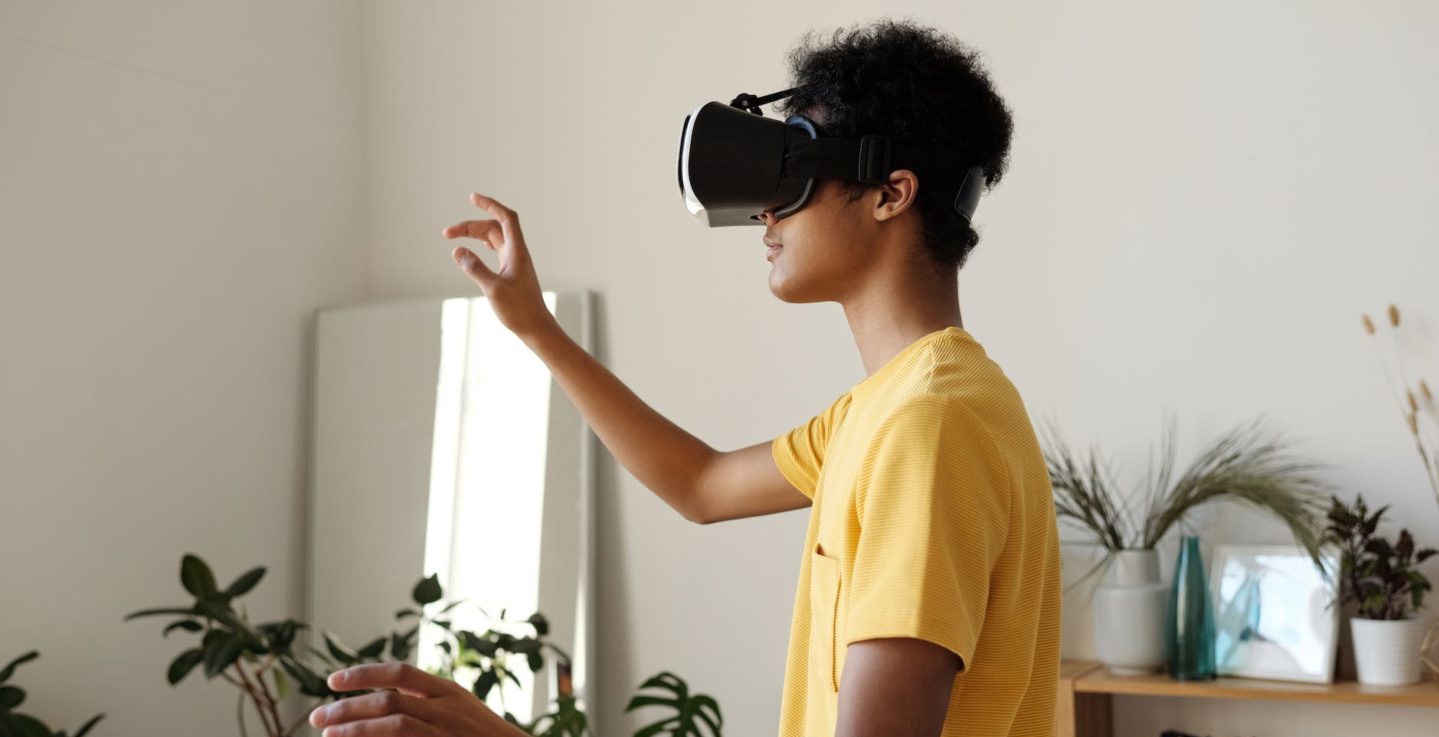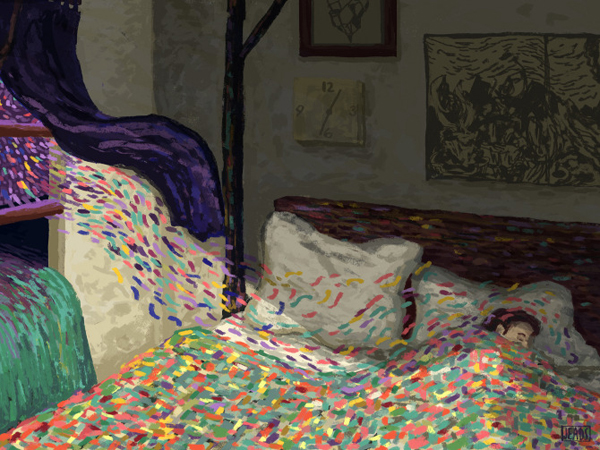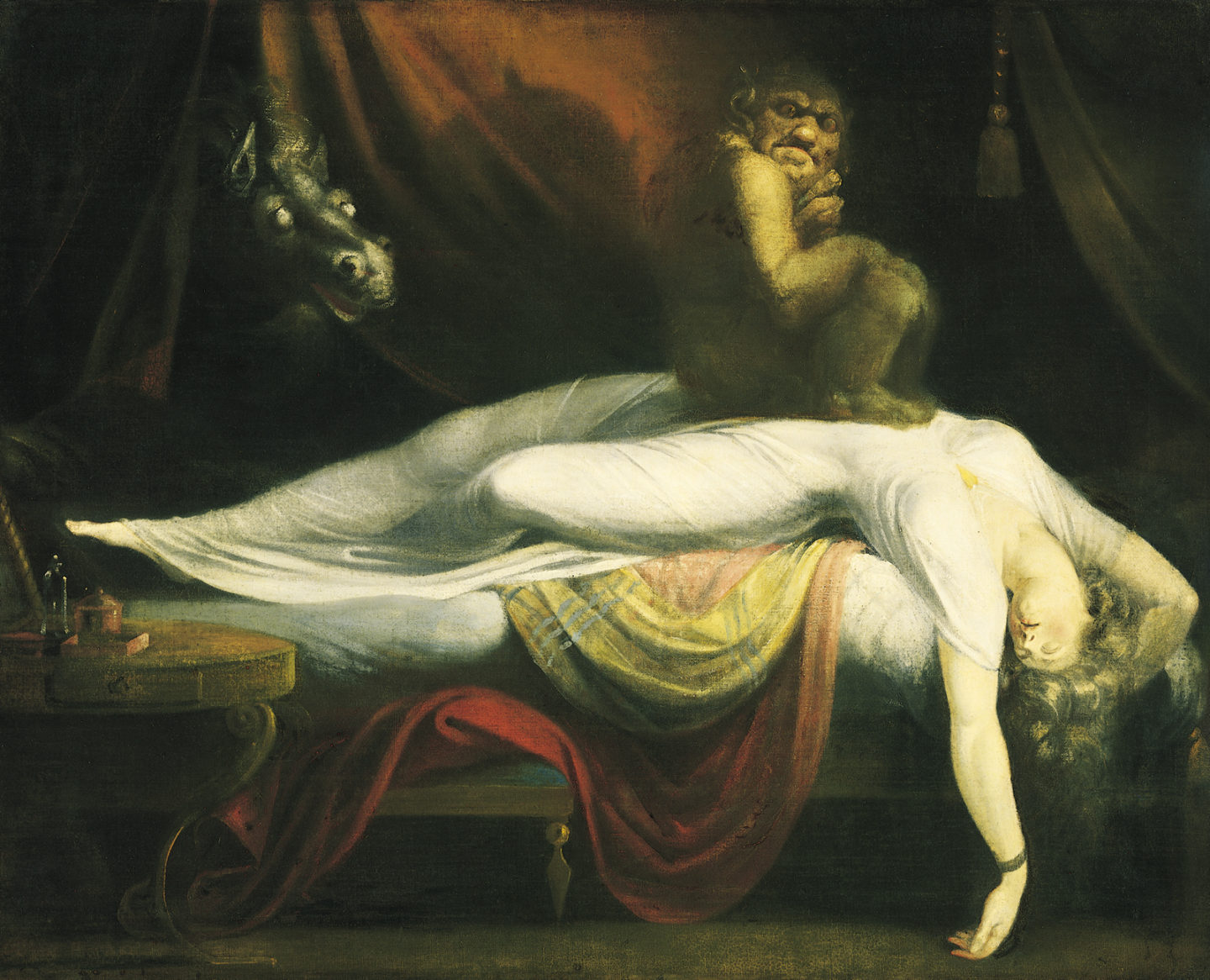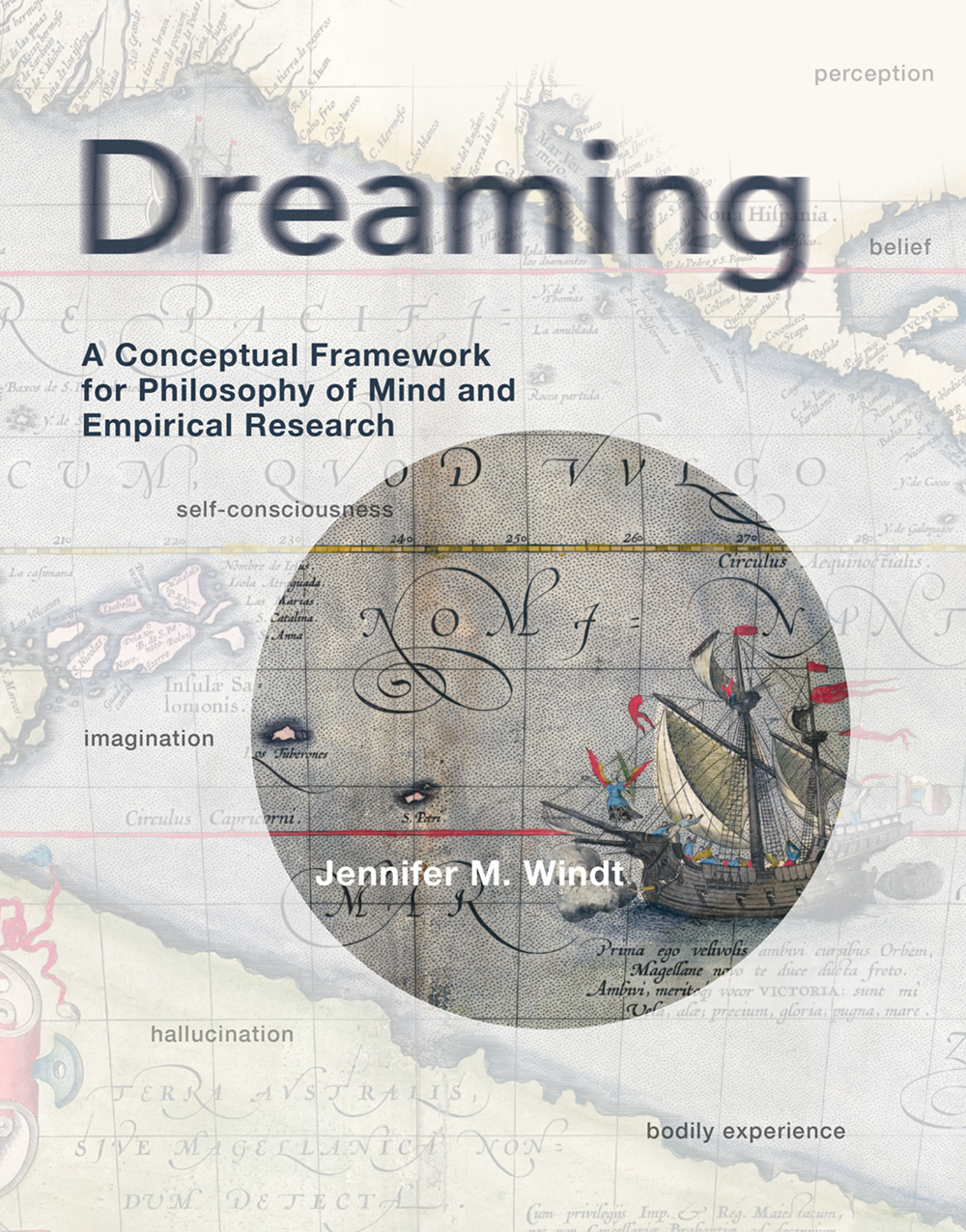What is it like to engage in extended mind wandering?
Jelle Bruineberg and Regina Fabry invite us to welcome a new member into the mind wandering family: extended mind wandering (EMW), of which their central example is habitual, diversionary smartphone use. Their proposal builds upon second-wave extended mind theories and mind wandering (MW) research. Adopting Seli and colleagues’ (2018) family …





